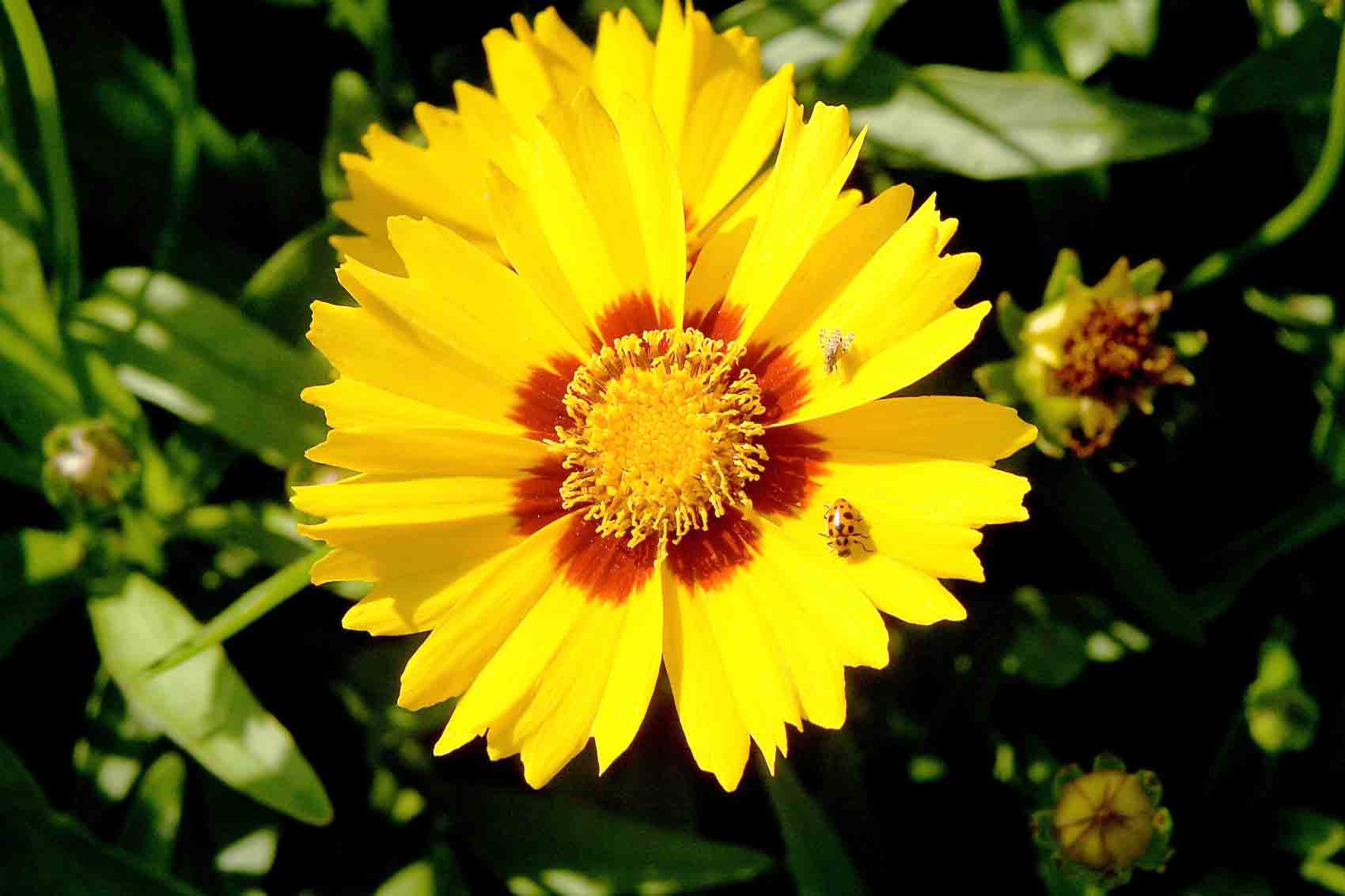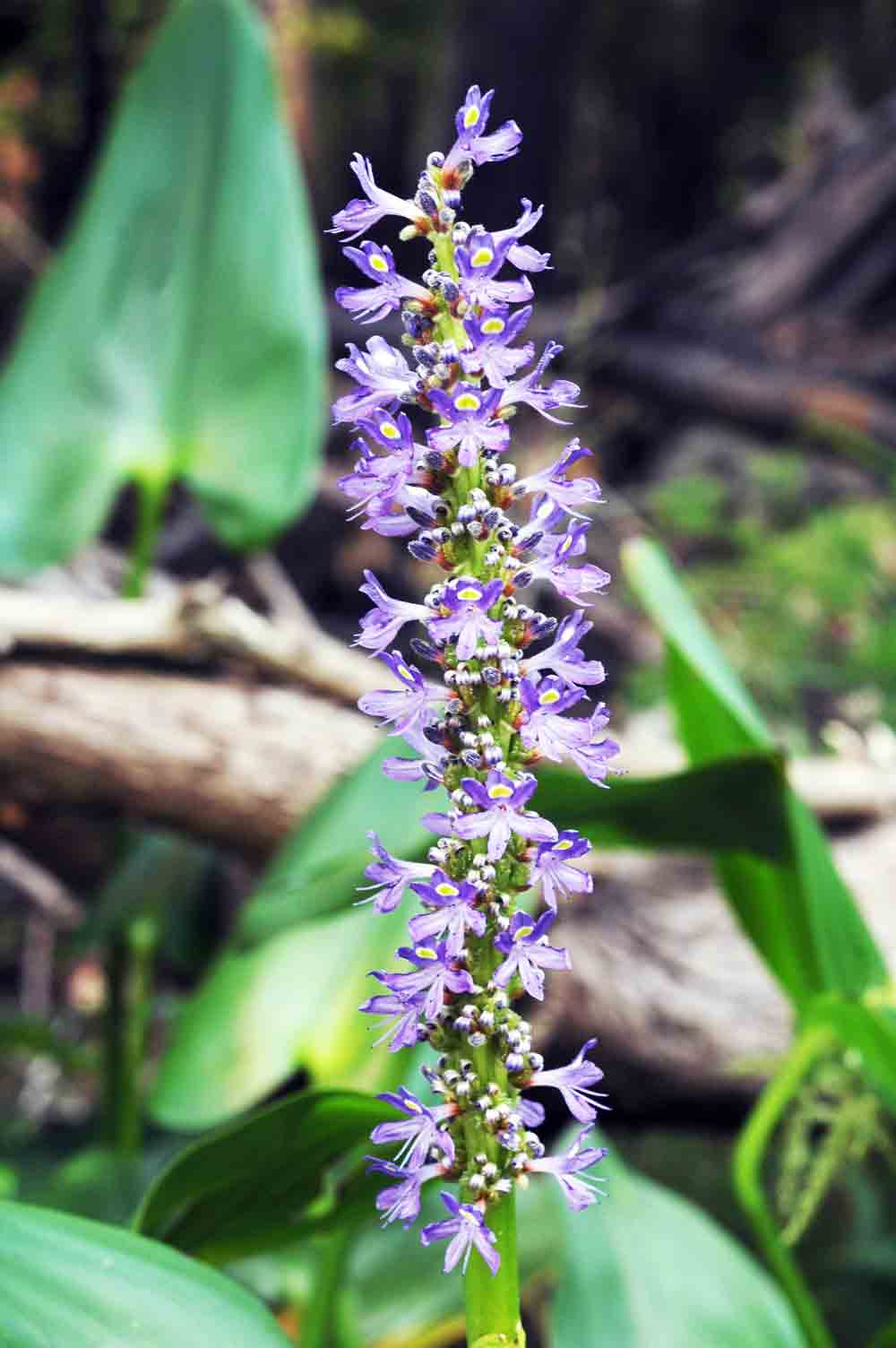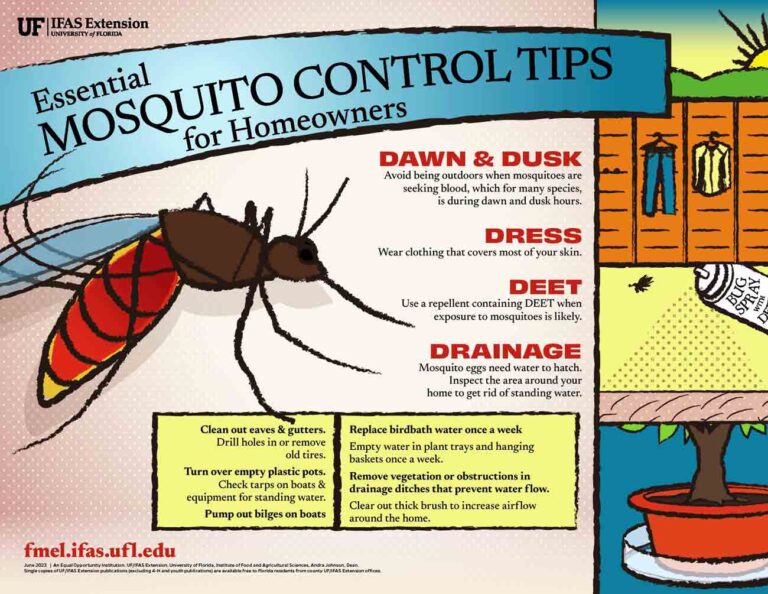NICEVILLE, Fla. — In Niceville and across the Panhandle, summer heat and afternoon downpours are fueling peak mosquito season, prompting University of Florida experts to dispel a common backyard myth that planting citronella, lavender, or other so-called mosquito-repelling plants will keep the biting pests away.
Liah Continentino, environmental horticulture agent with UF/IFAS Extension Monroe County, said the popular belief that plants like citronella or lavender can ward off mosquitoes is mostly a myth.
“Certain plants do contain mosquito-repelling compounds,” Ms Continentino said.
“But unless you’re extracting their oils and applying them like a spray, they’re not doing much just sitting in your garden.”
She added that plants such as eucalyptus, citronella, mint, basil, lavender, and marigolds have oils that can deter mosquitoes, but the compounds need to be extracted and used in concentrated forms to be effective. She also noted that citronella candles may have anecdotal support, but “science hasn’t confirmed their bite-fighting power.”
Other UF/IFAS agents agree that the confusion is widespread. Eva Buckner, a UF/IFAS Extension specialist at the Florida Medical Entomology Laboratory, recommends combining personal protection and habitat management for the best results.
Ms Continentino said she wears repellent daily and also attracts wildlife to her yard, which she believes helps keep mosquito populations in check.
“It’s not about eliminating mosquitoes entirely — it’s about creating a healthy, balanced ecosystem that keeps populations in check,” she said.


Jennifer Pelham, UF/IFAS urban horticulture agent and director of UF/IFAS Extension Martin County, stressed that eliminating standing water is one of the most effective strategies.
“Even the smallest amount of water — such as what collects in a bottle cap — can become a breeding ground,” Ms Pelham said.
She recommends emptying plant saucers, bird baths, pet water bowls, and bromeliads regularly, refreshing water several times a week, and flushing bromeliad cups with a hose.
Lorna Bravo, urban horticulture agent with UF/IFAS Extension Broward County, urged a Florida-Friendly Landscaping™ approach to mosquito control. This includes creating layered landscapes with native plants to attract beneficial predators such as birds and dragonflies, and adding mosquito-eating fish to ornamental ponds.
“Native plants are adapted to Florida’s conditions and require less maintenance. They also provide food and shelter for birds, dragonflies, bats, and other mosquito-eating animals,” Ms Bravo said.
For suggested native plants, visit the UF/IFAS Gardening Solutions website.







